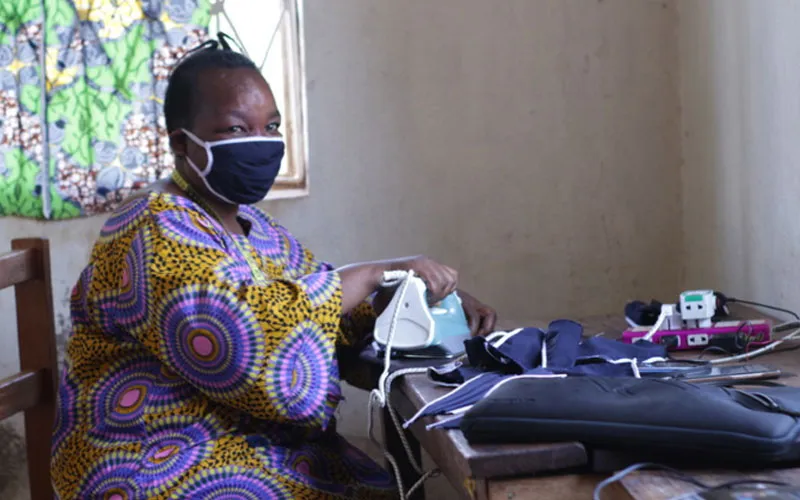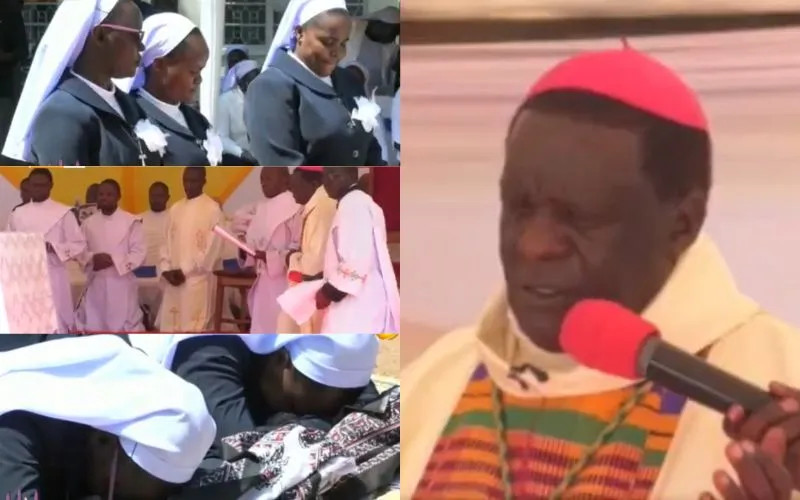Kinshasa, 11 July, 2021 / 7:00 pm (ACI Africa).
The leadership of the development and humanitarian arm of the Catholic Bishops of England and Wales, Catholic Agency for Overseas Development (CAFOD), has outlined the entity’s efforts to reach out to victims of sexual assault in the Archdiocese of Bukavu in the Democratic Republic of Congo (DRC), to help them overcome past traumatic experiences.
To provide a platform for victims of sexual violence to heal, CAFOD has facilitated the construction and running of “Olame Center”, a facility within Bukavu Archdiocese that offers counselling and training to women who have survived sexual violence and rape.
In a report issued Thursday, July 8, officials of the Catholic entity say, “Women who have survived sexual violence are often shunned from their communities, accused of being traitors or diseased. As a result, they are outcasts and isolated.”
They note that COVID-19 pandemic has been a challenge to women who are healing from their past traumatic experiences.
“The coronavirus pandemic has reminded us of the importance of community support and inclusion,” CAFOD officials say, and add, “The isolation we have experienced through various lockdowns has been tough. However, isolation when you’re trying to heal from emotional and physical trauma is next to impossible.”








